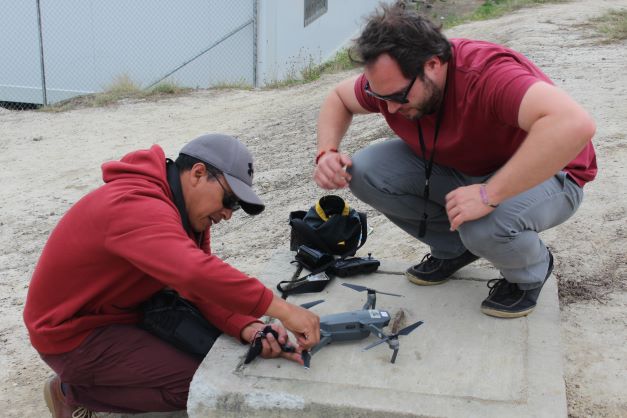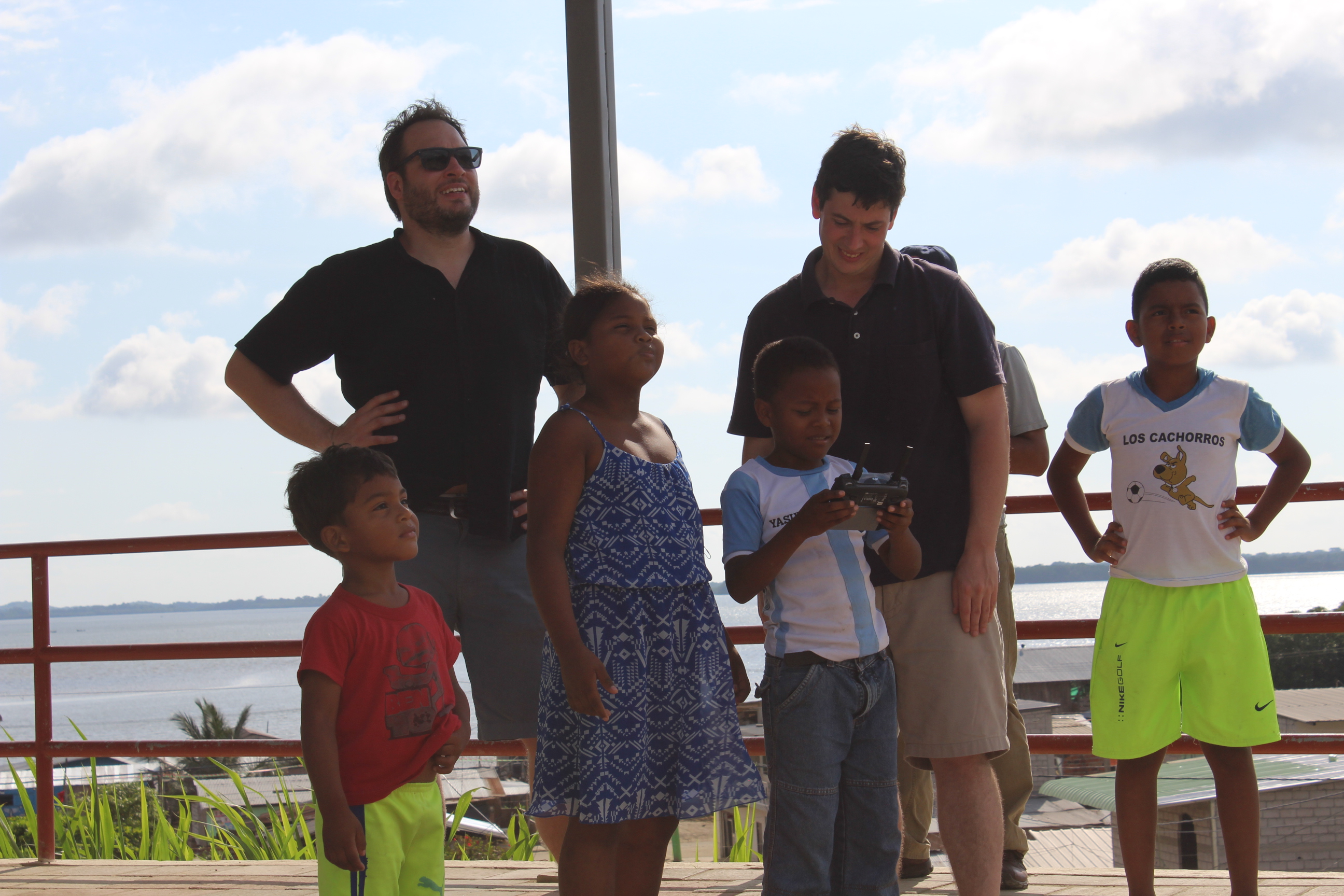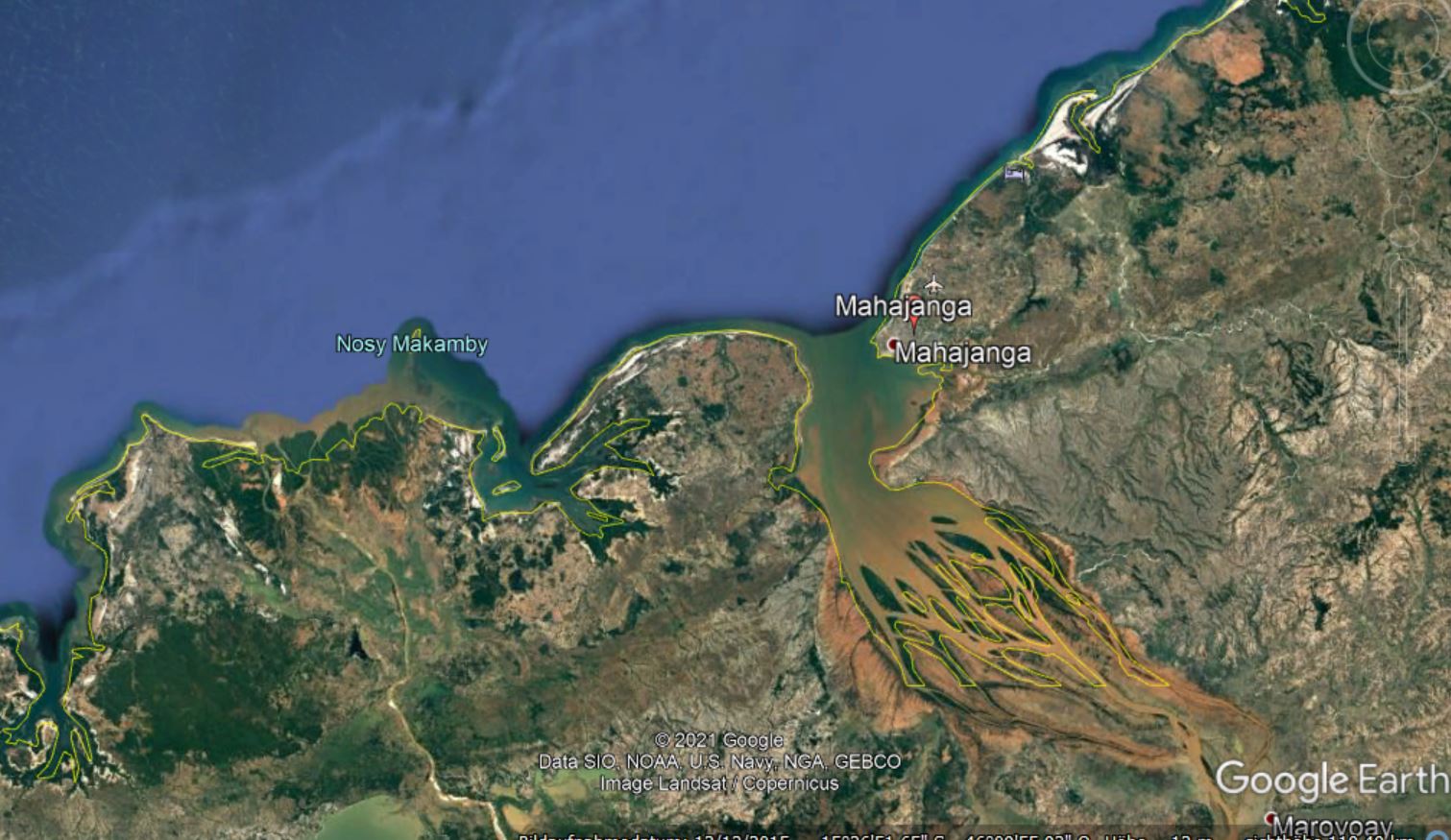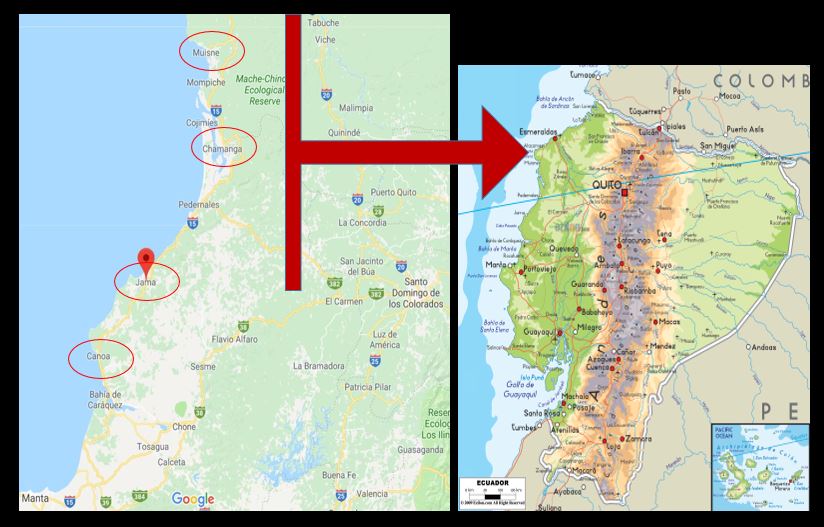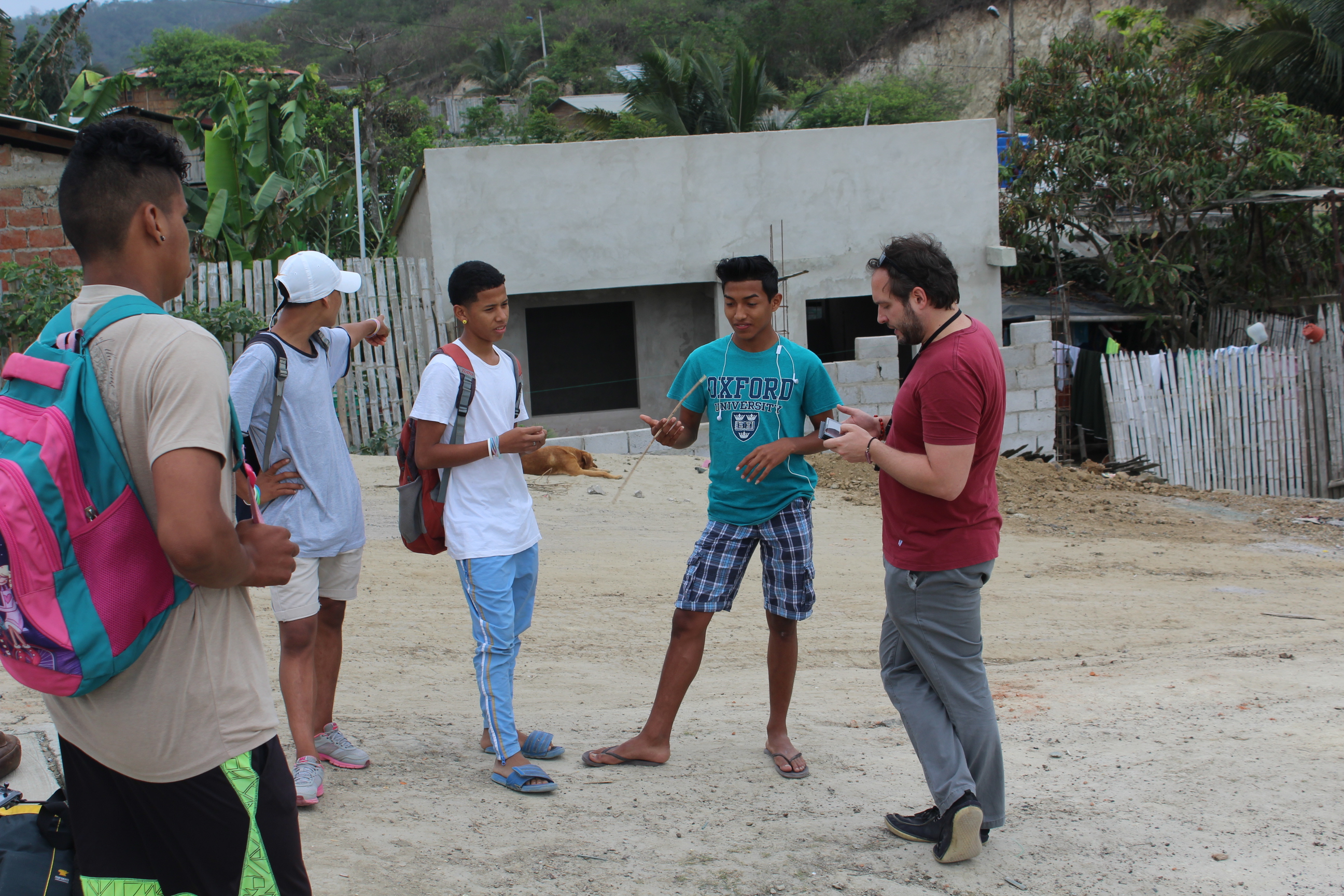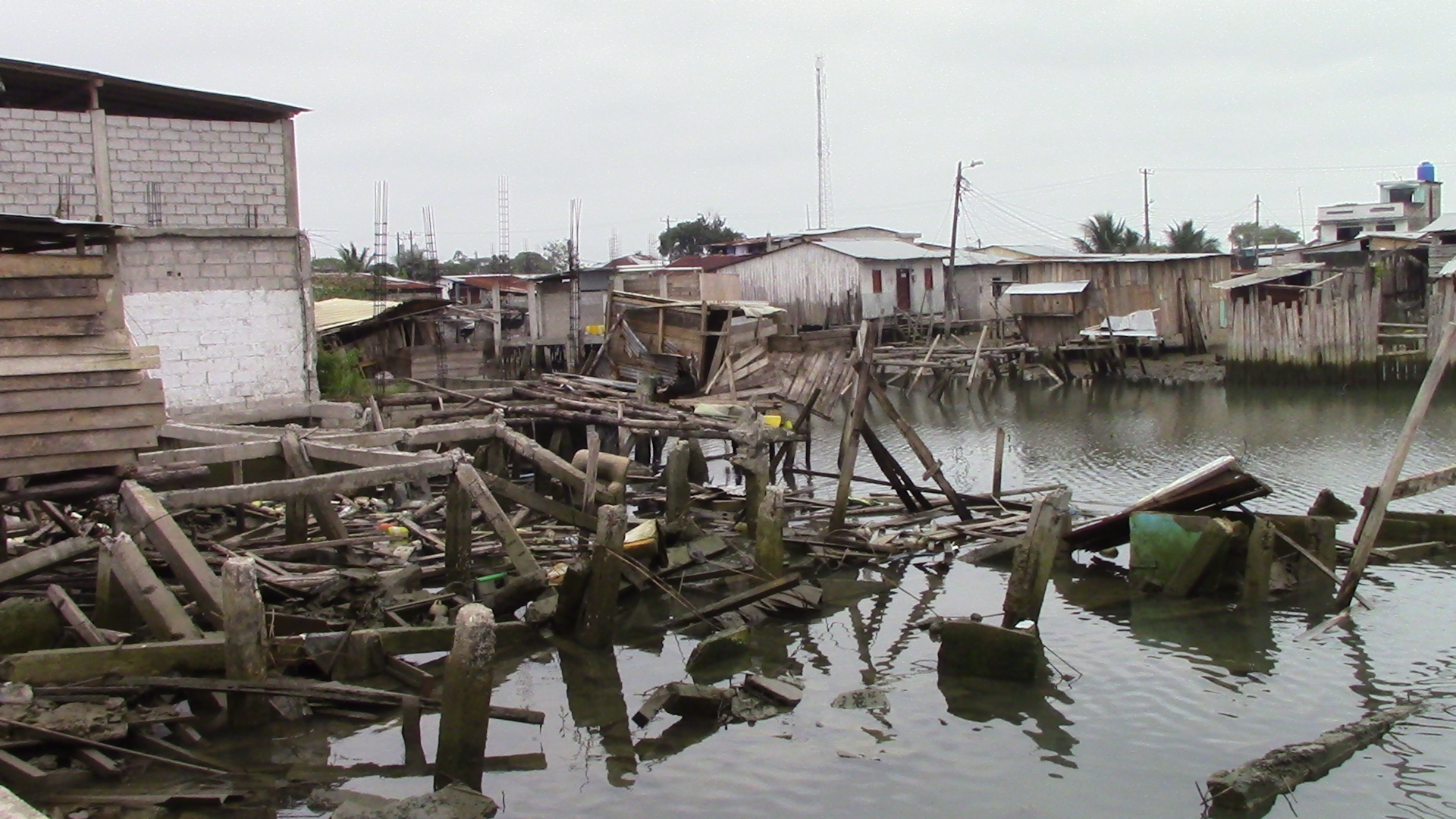Methods
Summary
My project draws from previous research carried out since 2017, which is why the envisaged methodological design has already proven both its adequateness and feasibility, thanks also to my fluency in Spanish and French with some knowledge of Malagasy.
Overall, I employ a mix of qualitative and quantitative methods, in addition to GIS-mapping of land use change. Land use change is extremely relevant for understanding variations of coastal blue carbon stocks. Land use change will be captured in both the regions over time (focusing on shrimp farm extensions, deforestation and reforestation of mangroves, establishment of excluded, zero-fishing areas for safeguarding species' reproduction, etc. ). Qualitative methods include, first, (partly repeated) in-depth interviews with key informants (members of fishing associations, local policy-makers, NGO-members), for their selection taking into account gender, age and income-related social markers. Second, a series of focus groups elaborating on priorities and social-environmental values related to community-based resource management. Interviews and focus groups will be, prior consent, recorded and data pseudonymized before analyzing them by the use of professional analysis tools, such as Atlas.ti or NVIVO. Third, participant observations in associations' meetings, fishing activities, public rallies and other occasions, including note-taking, photographs and observation protocols.
My quantitative methodology foresees in Ecuador and Madagascar identical, statistically non-significant surveys (n=200 in each country) with fishers, association members and non-members, as well as environmental activists of several age groups and genders. These surveys will be carried out by employing Kobo Toolbox (C), a proven technological device independent of internet access and electricity. Surveys focus on capturing the socio-economic and socio-environmental perceptions of community members, in addition to providing ranking exercises regarding environmental and resource governance related priorities and needs, drawing therefore from previous qualitative data which shall be used to elaborate response options.
Finally, GIS-mapping by drone will complement data generation in the absence of reliable and up-to-date land surveys. These mapping exercises, carried out in close collaboration with communities and fishing associations knowledgeable of their resources, will focus on documenting land/water use change over time (capturing the extension of shrimp farms, mangrove deforestation and reforestation, as well as established protected areas for safeguarding relevant resources). Skill transfer to local communities will be guaranteed, to enabling them to continue the mapping and documentation work in the future.
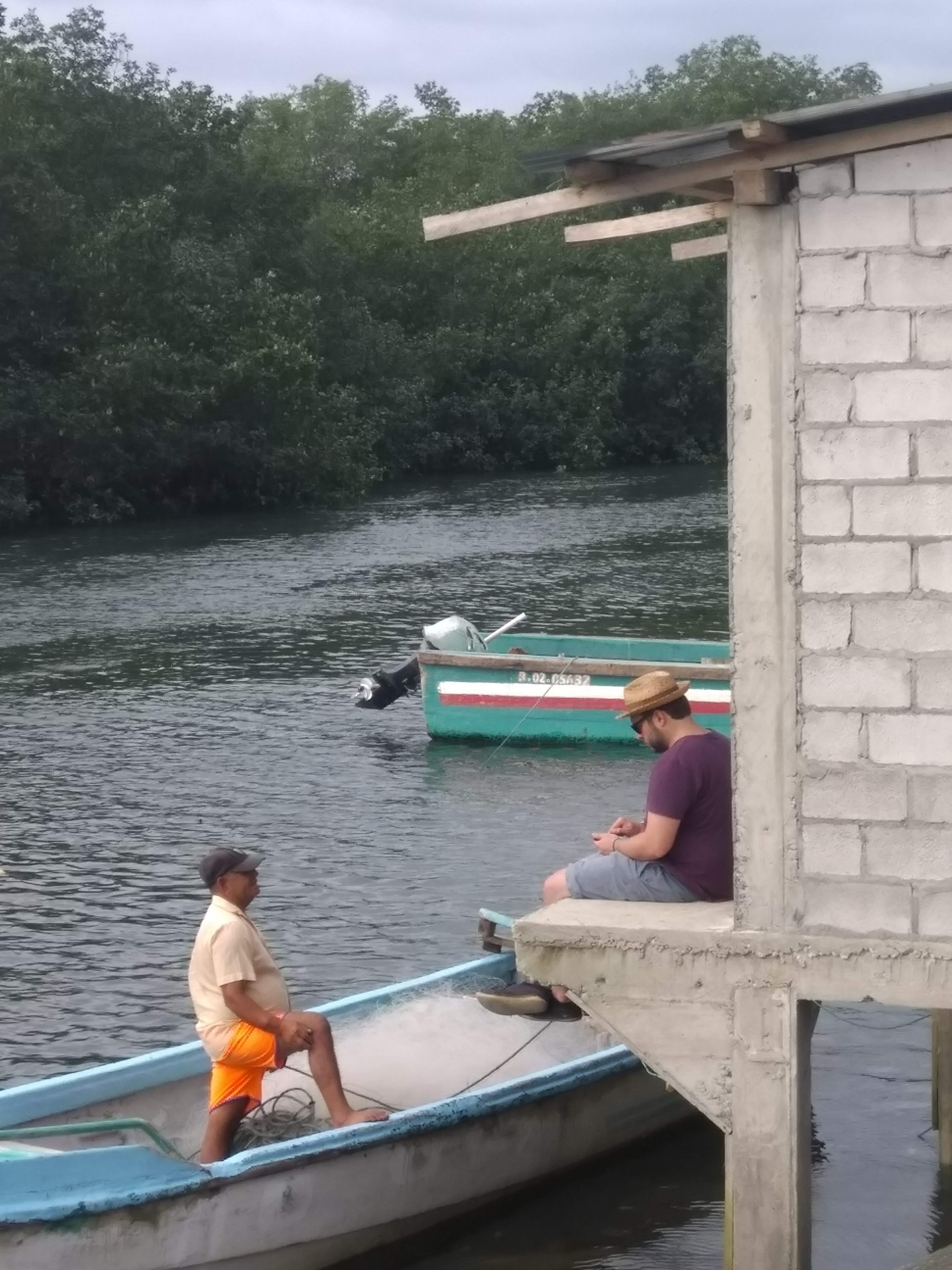
Challenges
There are of course risks and challenges, which would make my research plans and the establishment of a research center for international students and scholars more time-consuming and complex than originally conceived.
For instance, the current pandemic could worsen anytime and make field trips in Ecuador and Madagascar more complicated and dangerous, potentially even impossible for several months. In addition, there are natural hazards, such as earthquakes, floods, tsunamis, cyclones, or droughts (especially in Madagascar) which would make prolonged field stays, at least during certain seasons, very difficult.
Also, I do have a young daughter of 1.5 years of age, which could require my attention for any reason. And lest I forget, the local community dynamics, although well known and experienced for some years now, could change given widespread poverty and vulnerability, making my presence and work with them potentially more dangerous than it has been until now.
Finally, the research center is highly dependent on establishing and maintaining the required international and national networks of like-minded marine research centers, colleagues and supporters, including a receptive, peaceful and supportive investment environment in Ecuador. While I do have the necessary permissions and ties to relevant political and academic decision-makers, Ecuador has an unfortunate track-record of fast-paced shifting political and economic circumstances, likely to require last-minute adaptations to my plan.
Protocols
This project has not yet shared any protocols.
